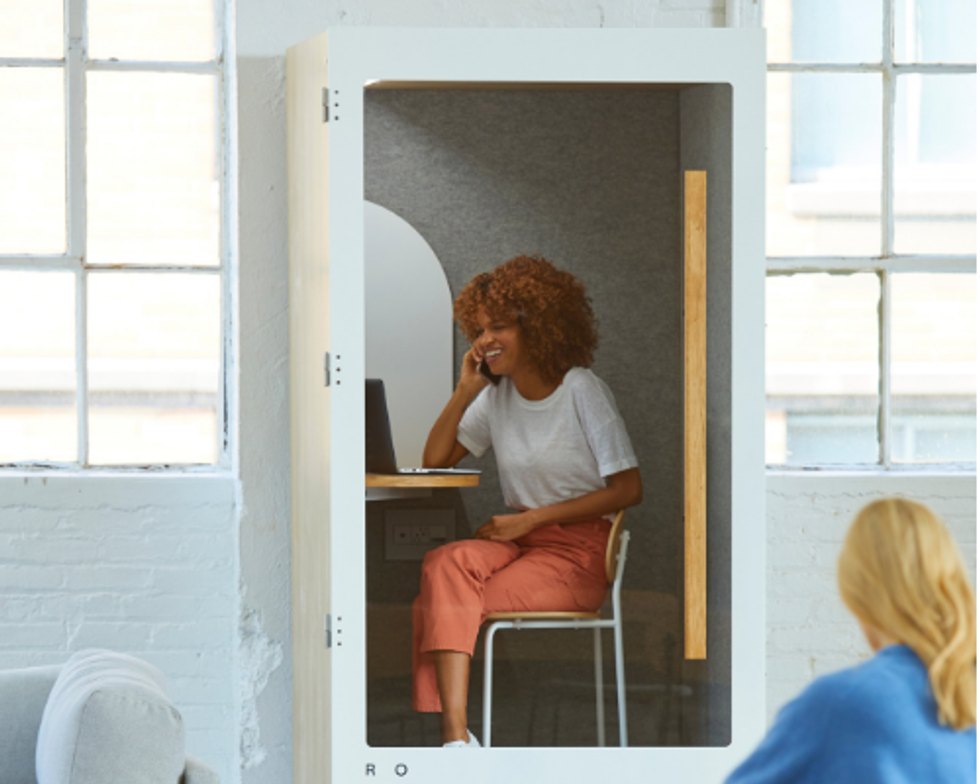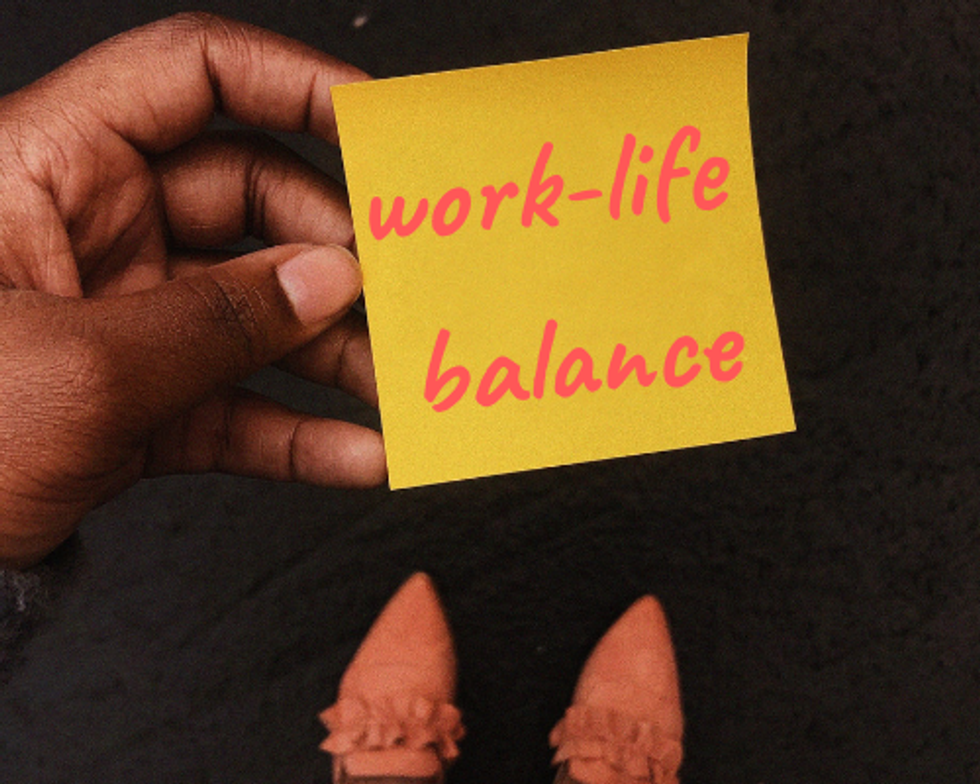Let's face it, interviews are stressful. Every company has its own way of determining whether or not you're going to be a good fit for their organization. The secret sauce is in their bag of questions.
We've already prepped you with some popular interview questions like, "What are your salary expectations?" "How do you handle conflict in the workplace?" and "Are you willing to relocate?"
Another big question that interviewers love to ask is, "What's your ideal work environment?"
Spoiler alert: there is no one 'right' way to answer this question. When an interviewer asks this question, they're looking to see how your personality fits into the current company culture and the new team you will be joining (not what size monitor you prefer). It's not as cut and dry as it appears.
So, how should you prepare for this question?
It's tricky - which is why we've broken the question into three main categories and provided two great examples for both in-office and remote roles. I know it's tempting to tell the interviewer exactly what they want to hear, but you should try to be as genuine as possible when answering this question. The key takeaway is to understand that not every company is going to be a great fit, and after all, as much as this is an interview for you, you're also interviewing them to ensure you can be productive in their environment!
Physical Environment
What did you love about your last office, and what did you hate about it? Was it distracting to hear Tiffany on the phone every day thanks to the open floor plan, or did you enjoy having coworkers all around you to bounce ideas off of? What's the company'sSlack policy?
Try to understand how your working style fits into this new company's culture. Check their blog, social channels, and LinkedIn to see if they have employee testimonials or documentation of in-office or remote activities.
In-office:
"I've done some research on your company's work culture and found a great article about the office layout on your YouTube channel. I was excited to see such an engaged team structure and a really cool open floor plan. In previous roles, I've always had my own quiet space to work from, however, I love the idea of being closer to the action and having the opportunity to collaborate more closely with my team."
Remote:
"I've never worked in a totally remote position before, but in my previous role, I was able to work from home at least one day a week. This really opened my eyes to how productive I could be without the constant distractions in the office."
Relationship Management
When an interviewer asks you what your ideal work environment is, they don't just mean your physical environment. They also mean what kind of working environment you enjoy more generally - a.k.a how you manage and like to be managed. These factors are key in determining compatibility between an applicant and a company, and can be the difference between a positive (or ideal) work environment, and a completely toxic one.
Think about what motivates you to be productive, how you like to be managed, and how you prefer to receive feedback. If you are in the interview process, it's safe to say you will be working with at least one other person, and it's important to know how this new person or team communicates. If you are in cubicles, what's the protocol for relaying information? Are there specific online hours for remote teams? There are so many questions you could ask the hiring manager about relationship management - don't hesitate to fire away!
In-office:
"I really loved meeting with my manager one-on-one once a month for an in-person feedback session. It really helped me prioritize my workload and understand what areas of my work were successful and where I could devote more time. How often does your team give feedback and what do those feedback sessions look like?"
Remote:
"I know that working remotely has its perks, and I also know that it can be challenging to engage and thrive with coworkers on a remote team. In one of your blog posts, I read that you use platforms like Slack, Zoom, and Asana to keep engagement and work culture active and balanced - all tools which I've utilized in the past to engage with my fellow remote coworkers while I was in the office. Has your team ever used the donut Slack extension? It's one of my favorites for getting to know your co-workers better!"
Lifestyle Balance
Be honest with yourself about work culture expectations meeting your lifestyle needs. If you've found a sweet new remote job that you think will allow you to live it up as a digital nomad, you'll want to first confirm with your employer that they're flexible on time zones and that having a two-monitor, semi-permanent office setup isn't essential to your job.
Perhaps you're a working mom, taking care of a parent, or living with PTSD or another mental illness and need flexible hours.
Whatever your situation, it's important to understand whether or not this new organization will be supportive of your personal AND professional needs.
In-office:
"When I think about my ideal work environment, I know that I want to be part of an organization that encourages its employees to stay true to themselves. I'm really passionate when I am able to bring my full self to work each day, that's when I am at my best. So I value transparency and encouragement from my team to be authentic and uber-productive.
Remote:
"Working remotely takes a lot of integrity and responsibility. I like to push my productivity level to the limit, but working in my home office can make it difficult to draw the line between work hours and the rest of my day. So it's important for me to be able to set boundaries around time management in order to be at the height of my productivity. I like to divide my workday up in order to make any online team meetings and prioritize my to-do list effectively. Time management is key for me to be able to maintain a work-life balance."
---
Remember to take some time before the interview to review your previous job's work culture. Be honest with yourself and make a list of what worked for you and what did not work. Next, think of how to create an ideal work environment knowing there is potential to enhance your previous job's work environment. This question can be a stepping stone for many follow-up questions and is also a good way to dive into how their particular organization works. Your response can fall between your past experience and your ideal vision, but it should always be a true reflection on you as an individual!






